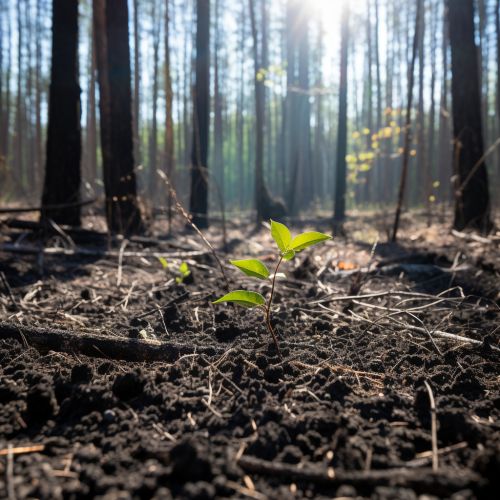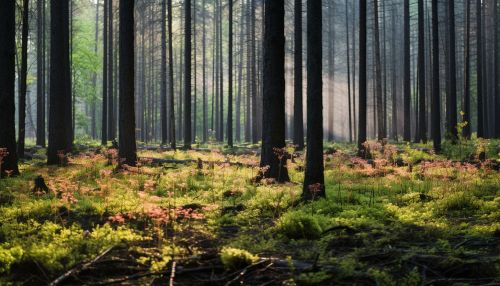Fire Ecology
Introduction
Fire ecology is the scientific study of the origins, properties, effects, and roles of fire in ecosystems. This field of study is a branch of ecology that focuses on the processes linking the natural incidence of fire in an ecosystem and the ecological effects of this fire. Fire ecology is an interdisciplinary field, requiring knowledge from other disciplines such as atmospheric science, soil science, botany, and zoology.
Fire Regimes
A fire regime refers to the patterns of fire occurrence, frequency, size, and severity in a particular ecosystem or landscape. Fire regimes can be categorized by the cause of the fire (natural or human-induced), their intensity, the amount of area they cover, and their regularity. The fire regime in a particular area is influenced by factors such as climate, vegetation, and human activity.
Fire Adaptations
Many plant species have developed adaptations that allow them to survive or even thrive in fire-prone environments. These adaptations include fire-resistant bark, the ability to resprout after a fire, and seeds that require fire to germinate. Some animal species have also developed adaptations to survive fires, such as the ability to burrow underground or fly away from a fire.


Fire and Ecosystems
Fire plays a crucial role in many ecosystems around the world. In some ecosystems, such as grasslands and some types of forest, fire is necessary for the maintenance of the ecosystem. Fire can help to recycle nutrients, control pests and diseases, and maintain biodiversity by creating a mosaic of different habitats. However, too frequent or intense fires can also have negative effects on ecosystems, leading to soil erosion, loss of biodiversity, and changes in vegetation types.
Fire Management
Fire management involves the use of prescribed burns, fire suppression, and other strategies to control the frequency, intensity, and effects of fires. Fire management is often used to protect human life and property, but it can also be used to achieve ecological goals, such as maintaining or restoring a particular fire regime or promoting the growth of fire-adapted species.
Fire and Climate Change
Climate change is expected to have significant effects on fire regimes around the world. Rising temperatures and changes in precipitation patterns can lead to increased fire frequency and intensity. This can have cascading effects on ecosystems, leading to changes in vegetation, loss of biodiversity, and increased carbon emissions.
